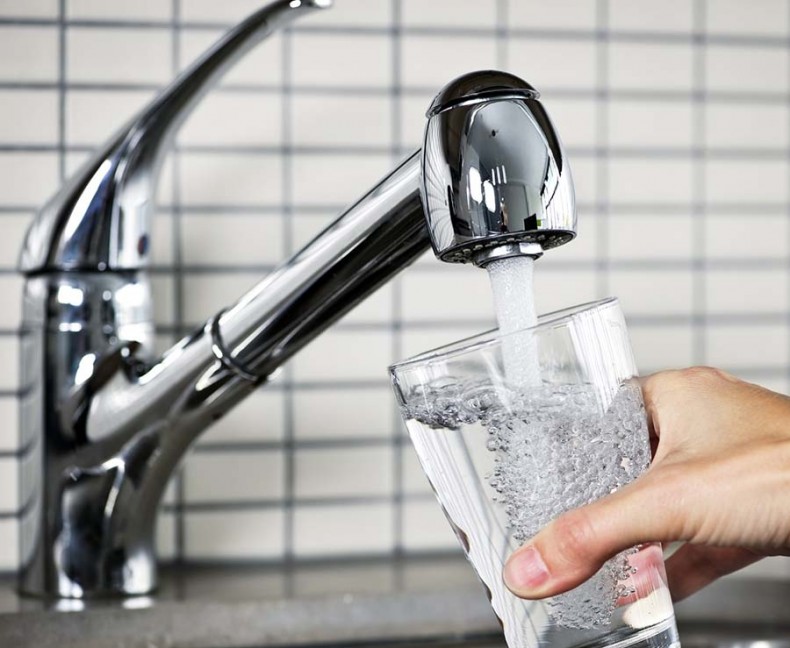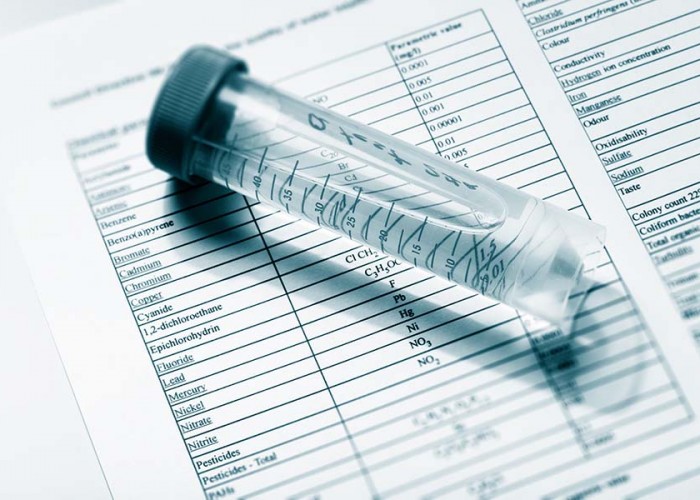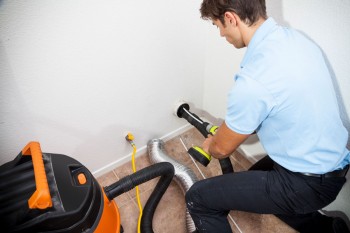Treating Well Water
By Hannah McKenzie
Q: After reading your column last month (“Being Wise About Well Water”), I took the plunge and had my private well water tested. I am nervously awaiting the results and wondering if my family will be able to afford any necessary water treatment. What happens when the test results arrive?
A: Anticipating test results can be a stressful waiting game. Test results will arrive in a written report and be accompanied by a recommendation if any contaminants need to be reduced with water treatment. Let’s assume your well water test results reveal that treatment is necessary.
Select a water treatment method.
With the guidance of your county health department’s well water program, which is usually part of the Environmental Health section, consider the effective treatment options. If filtration is needed, confirm the selected filter is certified by the National Sanitation Foundation International (NSF) for the contaminant you need to reduce.
Treatment methods can be on a small or large scale. For example, filtering water at a faucet tap or in a water pitcher may be sufficient to reduce certain contaminants. On the other hand, if Cousin Eddie’s junk cars are leeching volatile organic compounds (VOCs) into your well, drilling a new well elsewhere may be in order.
Between the extremes of a simple faucet filter or drilling a new well, are household filter systems. Parts and labor can range in price from $200 to $1,000. Options may include the following:
- Reverse osmosis filters use a semi-permeable membrane to remove contaminants, then the water is passed through a charcoal filter. For every gallon of treated water, two to 10 gallons are wasted.
- Whole-house point-of-entry systems filter all water entering your home.
- Ion-exchange units remove fluorides and dissolved salts to reduce scaly build-up on sinks and tubs.
- Distillation units boil water to create steam (leaving behind contaminants), then water vapor is captured and delivered for use.
Choose a water treatment installer.
Get installation quotes from three companies and contact at least three references for each company. Ask the references if the installation was completed in a timely and professional manner. If the quotes are confusing, reach out to your county health department for clarification and guidance.
Install the water treatment system, then retest the water.
Water will need to be retested through your county health department to confirm the contaminants have been reduced to acceptable levels. Though tempting, it is not recommended to hire a water treatment company to retest the water.
Maintain your system.
Routine maintenance of water treatment systems or filters is key to avoiding future problems. Also, plan ahead by saving for retesting your well in three to five years.
Being personally responsible for the safety of your drinking water can be nerve-wracking, and North Carolina groundwater standards are generally more stringent than federal drinking water standards for cities and for store-bought bottled water. While many of us enjoy the convenience of city water, we miss the tasty well water from our childhood. With proper testing, you can make sure your water is safe and delicious for your whole family to enjoy.
-
Learn more about how to test your well water
-
Share this story:





